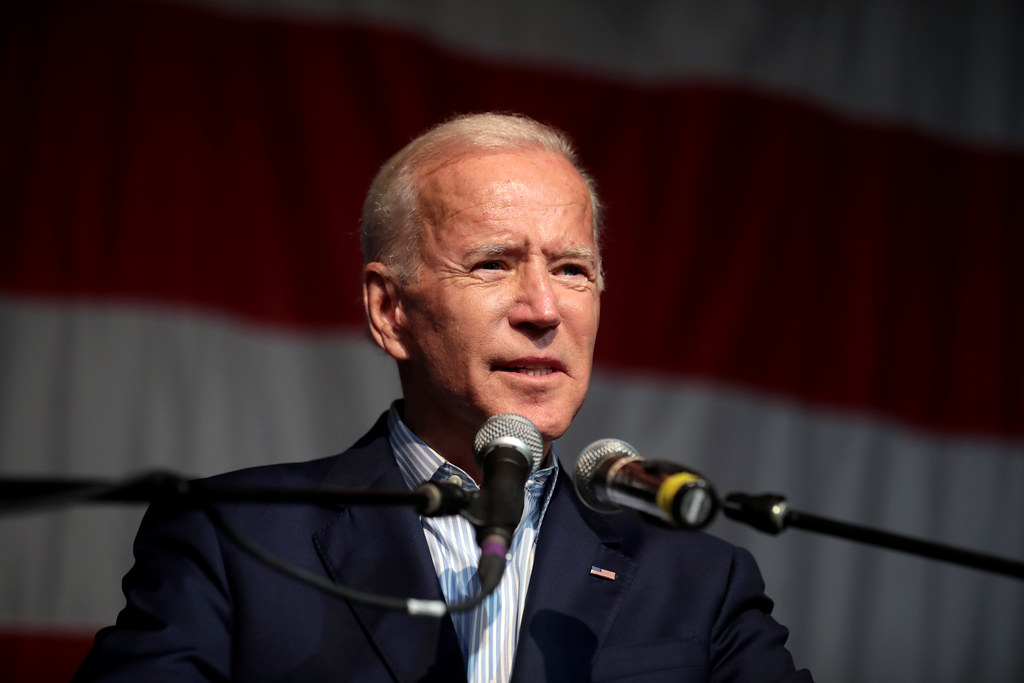Why have Facebook and Twitter censored news about Biden’s son?

Both Facebook and Twitter censored a New York Post report on presidential candidate Joe Biden's son, Robert Hunter Biden. The comment by Luigi Curini , professor of Political Sciences, for Italia Oggi
On Wednesday, what some had feared for some time took place: a real phase transition (borrowing a physics term we learn from an early age) a bit like the transition from solid to liquid form, in the relationship between giants of web and politics. A fundamental qualitative change, precisely because it is undeniable, in the substantial deafening silence of those many champions of freedom who have spent the last few years writing about the dangers to a democracy of the interference of social media.
But you know, the analytical eye does not see, the ideological heart does not suffer. What happened? It happened that both Facebook and Twitter censored a report in the New York Post (the fourth largest newspaper in the United States, in short, one of the columns of the American press) on the son of presidential candidate Joe Biden, or Robert Hunter Biden. Following some leaked emails ("leaked" in American) and obtained by the New York Post, Hunter Biden allegedly introduced his father to an important executive of Burisma, the Cypriot company with interests in Ukraine and for which Hunter Biden served as director administration, a year before Joe Biden, then vice-president, lobbied the Ukrainian government to fire a prosecutor who was investigating that very company.
If confirmed, that email exchange would prove that Joe Biden lied when he repeatedly denied having spoken to his son about his overseas business (for the forgetful: Donald Trump ran the risk of impeachment on UkraineGate precisely because he in turn pressured the Ukrainian government to investigate more forcefully the involvement of Biden father and son in this story).
But let's go back to the giants of the web: following the publication of this article, Facebook decided to limit its diffusion on its platform, justifying it on the basis of the need to first pass this article to the scrutiny of "independent" fact-checkers ( whatever that means). Twitter has done much worse. In fact, the users of the bird microblog were unable to share this article. In short, he censored it. The long justification then appeared on Twitter basically refers to the fact that the policy, established in 2018, of Twitter prohibits the use of its service to distribute contents obtained without authorization (such as the exchange of emails mentioned above).
Which makes you smile for at least three kinds of reasons. First, much of the narrative of the major media against the Trump presidency in these 4 years is based on articles that are based on sources "leaked" or otherwise obtained without formal authorization. To take a recent example, the New York Times report on Trump's tax return was obtained using precisely "illegal" sources. And Twitter certainly did not dream of censoring this article. Ergo, why suddenly the policy established in 2018 becomes topical?
Secondly, the day after this decision, Twitter's news service first reported a denial of the New York Post article, citing in this regard an article in the Washington Post that would clear Joe Biden of the accusations. In short, some newspapers seem to be real oracles of the "truth" for Twitter. Unlike others. Finally, the choice of Twitter is added to those pursued in recent months against the Trump account, between tweets deleted or in any case reported as "untruthful", a certainly not symmetrical attention, given that the tweets of important politicians and leaders religious from the Arab world who hope for the destruction of Israel, to cite just one example, have not suffered any similar fate.
Let's leave out here the possible impacts of the New York Post article on the November vote (which could be non-trivial: for example, Trump's narrative of being a "victim" of the strong powers is inevitably strengthened; also because the censorship, more veiled in one case and more evident in the other, Facebook and Twitter did nothing but bring even more publicity to the article). Instead, there is the question (much more important, because it is destined to remain in the coming years) of platforms: the choice of Facebook and Twitter is a choice that seems purely editorial. And this is by no means trivial. Because if social platforms make deliberate editorial choices, they become something other than what they are at the moment.
On the one hand they lose their current status as Internet Service Providers, with inevitable aggravation of public regulation (and payment of taxes). On the other hand, this change must be very clear to the users of these platforms who have given their data to them who now show that they have certain ideological preferences that influence what users of the same platforms can read and share. Today was on Biden, tomorrow who knows? This, more than any debate on supposed "fake news", is what should really scare us. For real.
This is a machine translation from Italian language of a post published on Start Magazine at the URL https://www.startmag.it/mondo/facebook-twitter-biden-censura/ on Sat, 17 Oct 2020 07:10:23 +0000.
